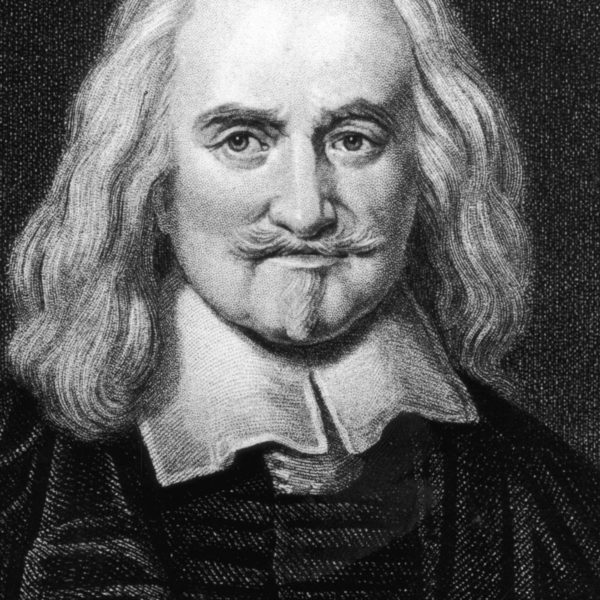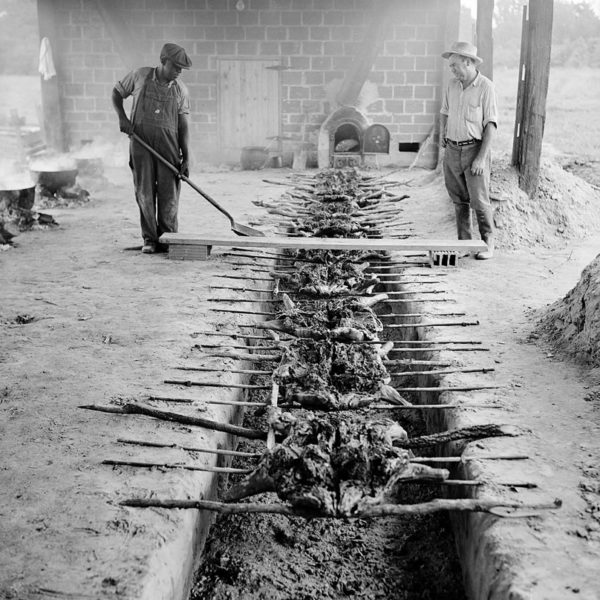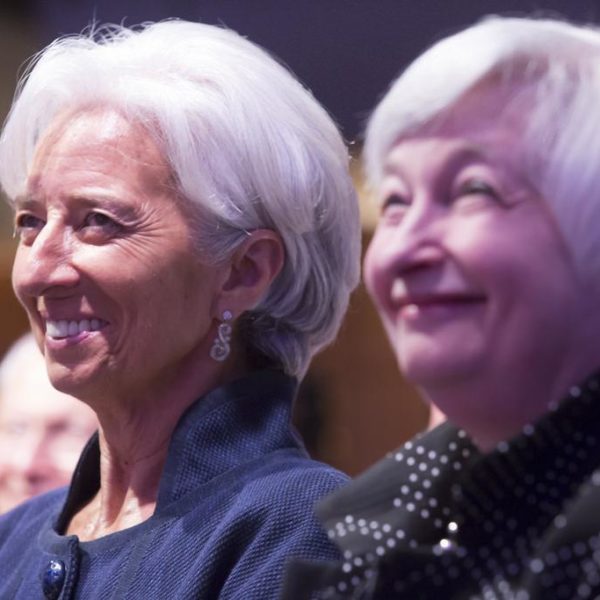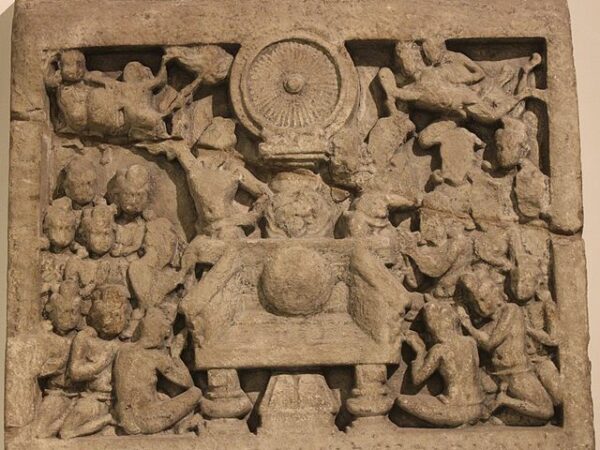
While noting earlier scholarly debates over the connection between monotheism and political theology, I pose the question of how the discourses of political theology might look different if these discourses were to become more pluralist and less focused on European and biblical traditions.

My point is that in addition to being annoyingly Eurocentric, the discourse of political theology focuses more on administrators and theorists of the modern State than the victims of State.

The “postmodern condition,” as Jean-François Lyotard designated it in 1979, is an “incredulity toward metanarratives.” That definition has been recited interminably by those grasping for a familiar sound-byte to encapsulate the significance of postmodernity. In the last few decades it has acquired overtones of a playful cultural experimentalism that has somehow outgrown the need for authoritative accounts of the meaning and purpose of human history.
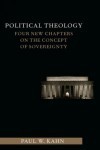
A sensible theologian gets used to the marginalization of theology in the mainstream academy. To find a book about the importance of political theology by a legal scholar at Yale is, however, cause for excitement. Paul Kahn’s exploration of, and extrapolation from, key themes in Carl Schmitt’s classic work goes beyond the usual association of political theology with fundamentalism and shows how even a liberal political order has a theology of its own. There has been no “resurgence” of religion; Kahn sees rightly that Mark Lilla’s “Great Separation” never happened, and that even liberal nation-states like the U.S. have taken on the aura of the sacred. Kahn’s insightful comments about nuclear warfare make this point acutely: “How is it that a political order that understands itself as characterized by the rule of law can hold forth the possibility of such destruction?” (11-12). It can only be because the nation has taken on an infinite value, and the popular sovereign, or nation as god, must retain its exceptional powers to act. In times of war, the President embodies the people like Christ embodies the whole (86). Liberal theories like that of Rawls have never properly come to grips with the violence of the nation-state and the persistence of sacrifice in modern politics.
All of this and more is expanded upon in quite brilliant fashion, and I remain grateful to Kahn for opening up new lines of inquiry that may have been heretofore closed to legal and political theorists. In the end, however, there is less convergence than first appears between political theology as Kahn understands it and what goes under the same name in the present journal.
